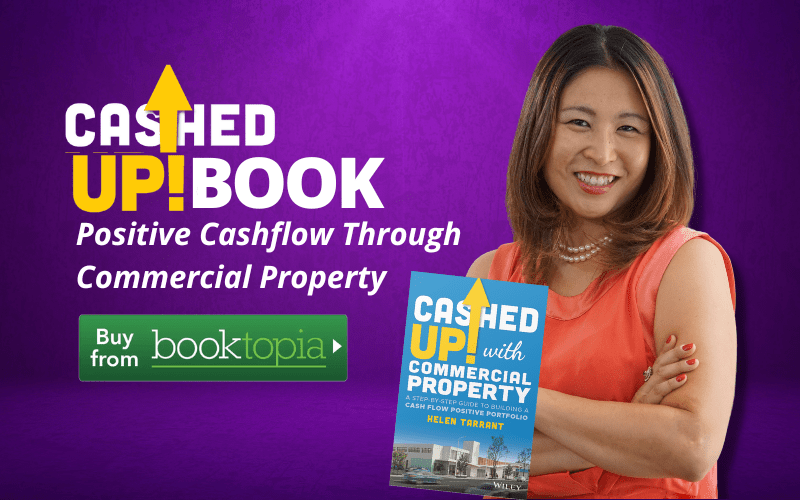
For more commercial property education, reach out to me.
Contributing Author: Nathan Lu (ABP Lawyers)
We often get asked about the differences between Residential and Commercial leases.
Leasing property is an essential part of the real estate industry here in Australia. Whether you are a landlord or a tenant, leasing property can be a complicated process with many legal intricacies.
In New South Wales, there are two primary types of leases: residential and commercial leases. While there are similarities between the two types of leases, there are also significant differences that landlords and tenants need to understand to ensure that their rights and obligations are protected under the law.
Residential Tenancy Agreements
Residential leases are contracts between a landlord and a tenant that allow the tenant to occupy a property for residential purposes. The lease outlines the terms and conditions of the tenancy, including the rent, the duration of the lease and any other obligations of the landlord and tenant.
Commercial Leases
On the other hand, a commercial lease is a contract between a landlord and a tenant that allows the tenant to occupy a property for commercial or business purposes. Commercial leases are typically more complex than residential leases and they may include clauses that cover topics such as outgoings, personal guarantees, options to renew, rent review.
Key Differences between Residential and Commercial Leases
Rent increases: In New South Wales, the Residential Tenancies Act 2010 (NSW) outlines the maximum amount and frequency of rent increases for residential leases. In contrast, there are no such restrictions for commercial leases and rent increases are typically negotiated between the landlord and tenant. Normally the rent increase for a commercial lease will be on an annual basis at either (or combination of) a fixed percentage increase, CPI or market review.
Duration of the Lease: Another significant difference between residential and commercial leases is the length of the lease. Residential leases in New South Wales are typically for short-term fixed periods, such as six or twelve months. In contrast, commercial leases can be for much longer periods, sometimes up to 10 or 20 years. This longer term allows commercial tenants to make long-term investments in the property and to plan for their business’ future. Commercial leases often provide option periods, which allow the tenant to choose at their discretion to extend the term of the lease under the same terms and conditions as the initial term.
Security deposits: Security deposits are another difference between residential and commercial leases. Residential leases in New South Wales typically require a security deposit, which must be held at the Rental Bond Board to cover any damage or unpaid rent. The maximum amount of the security deposit is typically equivalent to four weeks rent. In contrast, commercial leases may require a much larger security deposit or a bank guarantee. The amount of the security deposit or bank guarantee may depend on the length of the lease, the value of the property, whether a personal guarantee is provided and the financial stability of the tenant.
Maintenance and Repairs: Maintenance and repairs are also handled differently in residential and commercial leases. Under New South Wales law, landlords are responsible for maintaining and repairing residential properties, while commercial leases typically place this responsibility on the tenant. In commercial leases, the tenant is often required to maintain and repair the property and may also be responsible for any improvements made to the property. However, commercial landlords may still have some responsibility for repairs and maintenance, particularly if the tenant is unable to perform the necessary repairs, for typical wear and tear or if the repairs are related to the structure of the building. The tenant is also required to make good any fit outs or return the premises to ‘bare shell’ at the end of the lease term.
Liability for outgoings: Outgoings are another area where there is a difference between residential and commercial leases. Under a residential lease in New South Wales, the landlord is required to pay all outgoings such as land tax, council rates, strata levies and management fees. However, in commercial leases, these costs can be the responsibility of the tenant. This can include expenses such as property taxes, maintenance costs, and insurance. The allocation of these expenses should be clearly outlined in the lease agreement to avoid disputes.
Permitted use: Residential leases in New South Wales typically limit the tenant’s use of the property to residential purposes, while commercial leases allow the tenant to use the property for business or commercial purposes (subject to zoning requirements). Commercial leases may also include restrictions on how the tenant can use the property, such as limits on noise levels, hours of operation or the types of businesses that can operate on the premises.
Restrictions: Commercial leases may also come with restrictions on how the property can be used. For example, the lease may limit the noise levels that the tenant is allowed to generate or restrict the hours of operation at the premises. The lease may also specify the types of businesses that are allowed to operate on the premises. These restrictions are designed to ensure that the tenant’s use of the property does not disrupt the surrounding neighbourhood or violate local zoning laws.
Rights of the tenant: In residential leases, tenants are given greater protection and security of tenure than in commercial leases. This means that tenants in a residential lease have the right to renew their lease and can only be evicted in specific circumstances, such as non-payment of rent or a breach of the lease agreement. In contrast, commercial leases do not offer the same level of protection and landlords are free to choose whether to renew the lease or not, subject to any terms of the lease agreement.
At the end of the lease: The rights of residential tenants and commercial tenants on termination of the lease are different. In New South Wales, a residential tenant has the right to give a 21-day notice to terminate the lease, while a commercial tenant must give notice as per the lease agreement. A commercial tenant may have the right to renew the lease for a further term, but this is not always the case in a residential lease. When a residential lease is terminated, the landlord must return the security deposit within 14 days if there is no damage to the property or unpaid rent. However, in a commercial lease the return of the security deposit or bank guarantee may be subject to the satisfaction of certain conditions, such as payment of rent, repair obligations and payment of outgoings. Overall, the rights of tenants upon termination of the lease depend on the specific terms and conditions of the lease agreement, which can vary greatly between residential and commercial leases.
Special Conditions: While special conditions can exist in certain forms within residential it isn’t actually as common practice as it is in commercial. Where the utilisation of special conditions is far more common practice in commercial practice is for an array of reasons. Firstly, is that special conditions and commercial leases are usually done with the assistance of a solicitor. Secondly, the arrangements are sometimes more complicated than merely just one person residing in exchange for rent. For example, certain terms that will allow for a tenant to conduct their business in accordance with regulations pertaining to that business or that tenant may need a fitout and rent free period prior to the commencement. These are all considerations that can make commercial leases in New South Wales more complicated, albeit not in all cases but most. Residential will usually use a prescribed form such as a REINSW lease, for leases not exceeding a period of 3 years. These leases also will exist in a simpler form for commercial property. Where dealing with special conditions it is always recommended to consult a solicitor as any special conditions will usually have a clause that prevents general terms of the agreement from taking effect where there is a contradiction between those terms. As with all instruments, special conditions should always be considered a paramount where making assessments on lease agreements.
Due to the complexities and nuances of commercial leases, negotiating and drafting the lease can be more involved than with residential leases. Commercial leases are typically prepared by lawyers, and they may include clauses that cover topics such as outgoings, personal guarantees, options to renew, rent review, and termination. It is important for both the landlord and tenant to have a thorough understanding of the lease, to negotiate the terms of the lease in good faith and to ensure that their rights and obligations are protected under the law. If you are a landlord or tenant in New South Wales, it is recommended that you seek professional legal advice to help you navigate the complexities of leasing property in the state.
Nathan Lu BBA LLB (Hons)
Solicitor Director | Notary Public
ABP Lawyers
All correspondence to PO Box 21321 World Square NSW 2002
Suite 806, 370 Pitt Street Sydney NSW 2000
Phone (02) 8880 6505 | Fax (02) 8088 6326

Recent Deals:

Gungahlin, ACT
Purchase Price: $785,000
Yield: 5.92%
Positive Cashflow: $15,907.53
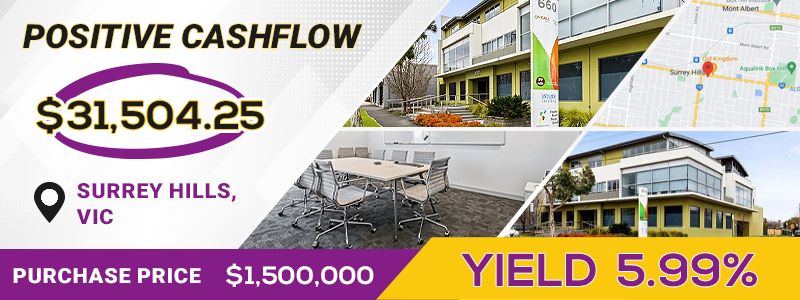
Surrey Hills, VIC
Purchase Price: $1,500,000
Yield: 5.99%
Positive Cashflow: 31,504.25
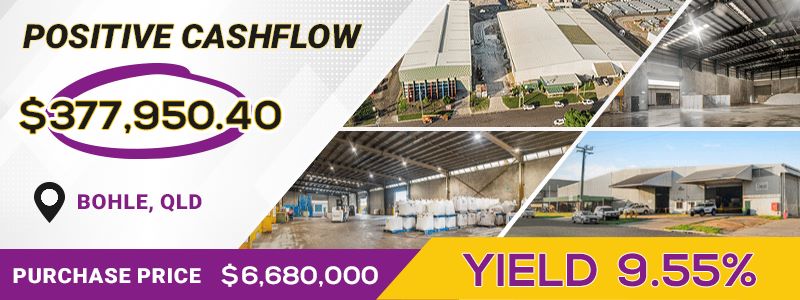
Bohle, QLD
Purchase Price: $6,680,000
Yield: 9.55%
Positive Cashflow: $377,950.40
Cashed Up Book
Testimonials
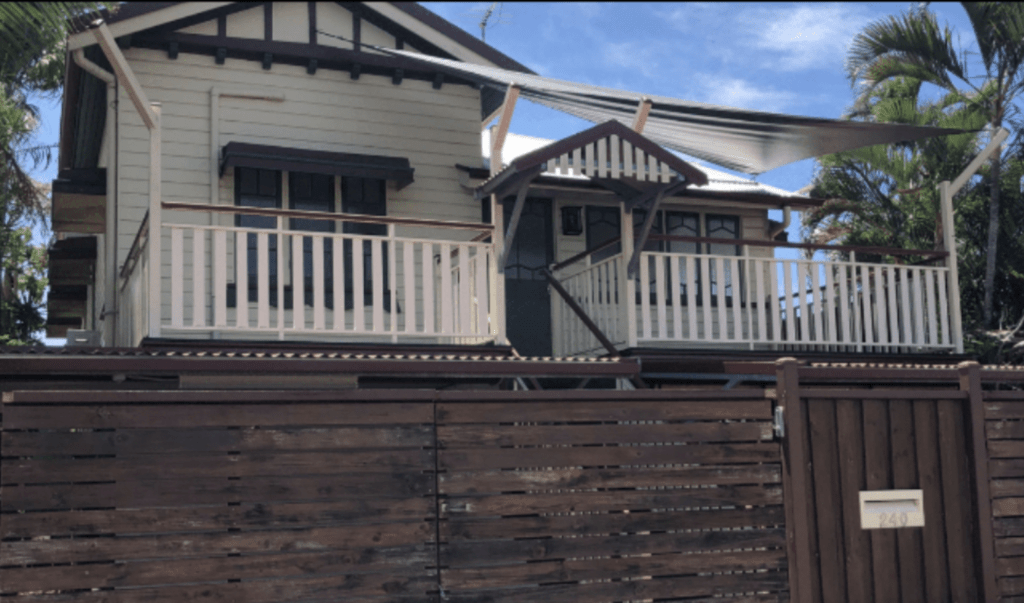
“We wanted to say a BIG thank you to Helen and her team of professionals. We were very nervous getting into the commercial space as it was unknown territory for us. Helen understood what we required for our strategy and made it happen. Her team of professionals range from loan specialists, solicitors, due diligence team and commercial experts. This made our journey
from the beginning (putting an offer down) all the way to settlement, very smooth and gave us confidence.
Would not hesitate to highly recommend Helen to anyone that is looking to embark in the commercial
space and we are looking forward to our next deal with
Testimonials
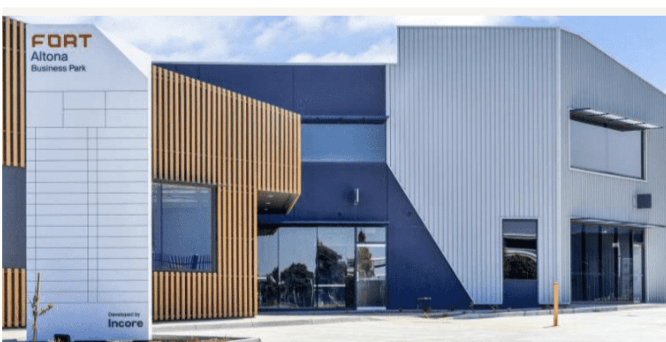
“Right from the beginning with strategy planning Helen has guided us in a professional manner. Her team has been very helpful in explaining the due diligence process to novices like us. We are very happy with our first commercial property purchase yielding 7%. Could not have done that without Helen and her team. We are looking forward to building our portfolio with more purchases like these. The great aspect of this experience has been the fact that we could always access Helen and her team at short notice for even minute questions.”
Testimonials

“It’s been a great experience working with Helen in purchasing my second commercial property. The previous buyer’s agent I engaged with has good reputation in the market but could not find me a property for almost 4 months, so I decided to go with Helen. Helen was very efficient in finding me a great property. Huge thanks to Helen and her team for all the work you’ve done in the whole process. Will definitely purchase more with you in the future!”
Testimonials
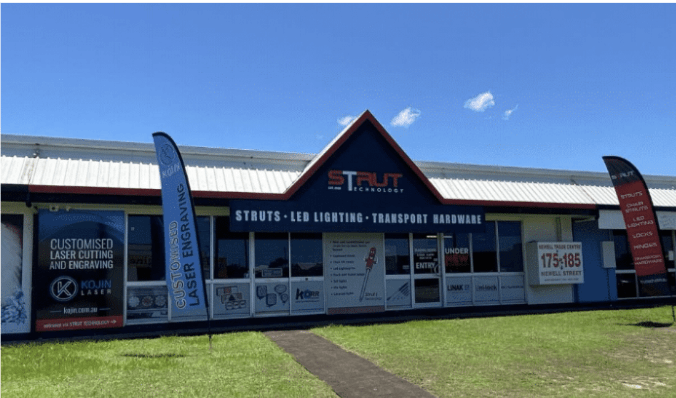
“Helen and her team did a wonderful job. The whole process was taken care of. Everything from lease and building DD to finance was all handled quickly and professionally.
Thanks again to all of you. I’m looking forward to the next deal.”
